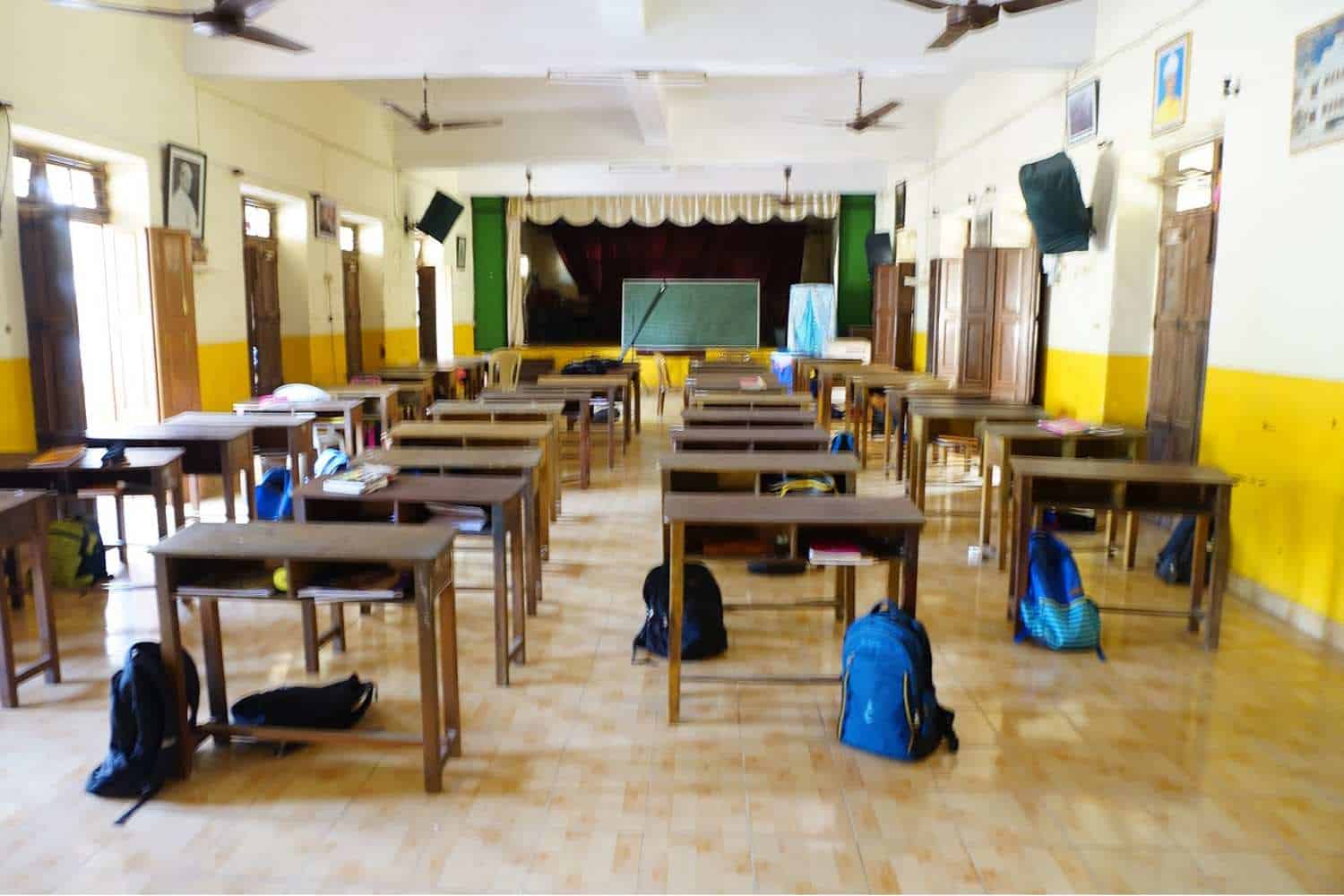Over 70 matric pupils from various schools in Merafong, Gauteng, have been hospitalised due to suspected food poisoning.
Summary:
- Over 70 West Rand matric pupils have been hospitalised after a suspected food poisoning outbreak.
- This follows the recent deaths of five children in Naledi, Soweto, linked to food from spaza shops.
- Authorities are ramping up efforts to regulate spaza shops and ensure food safety.
What we know about the hospitalised West Rand pupils
According to the Gauteng Department of Health, the learners were attending a camp at Fochville Secondary School when they began exhibiting symptoms such as stomach cramps and diarrhoea.
Provincial health spokesperson Motalatale Modiba confirmed that 73 learners are being treated at local hospitals, while one pupil was transferred to a private facility.
“Fortunately, the learners are mostly doing fairly well; they are in stable condition,” Modiba assured.
Healthcare teams continue to monitor the situation closely.
This incident comes just days after a tragic food poisoning case in Naledi, Soweto, claimed the lives of five children under similar circumstances.
Investigations are underway to determine whether the cases are linked and what specific contaminants may be responsible.
Spaza shops at the centre of mass food poisoning
Spaza shops have once again come under scrutiny following these recent food poisoning outbreaks.
Minister in the Presidency, Khumbudzo Ntshavheni, addressed the issue, stating that South Africans must take a stand against buying from unregulated spaza shops.
“We must take a decision as a society that we are not buying at spaza shops where we are not sure of the source of their products,” Ntshavheni said during a post-cabinet briefing.
She pointed out that efforts to regulate spaza shops, particularly foreign-owned businesses, were hampered by legal challenges.
“Attempts to have all foreign-owned spaza shops registered were taken to court and defeated,” she explained.
These calls for stricter regulation come in the wake of several cases involving spaza shops suspected of selling expired or contaminated food products.
In Naledi, five children died after reportedly consuming chips from two local spaza shops, with the community alleging that the food may have been tainted with rat poison.
In response, Gauteng authorities have intensified their focus on food safety, conducting compliance checks and educating the public on the risks associated with purchasing food from unverified sources.
Samples from the affected shops have been collected for further analysis as part of ongoing investigations.
